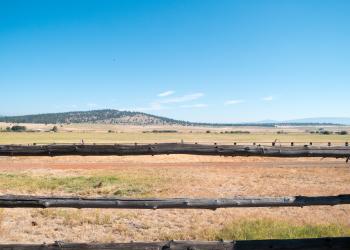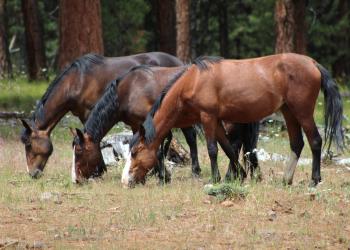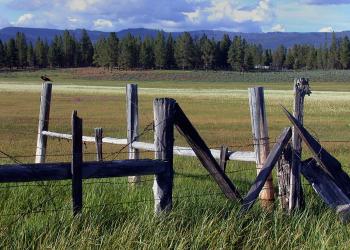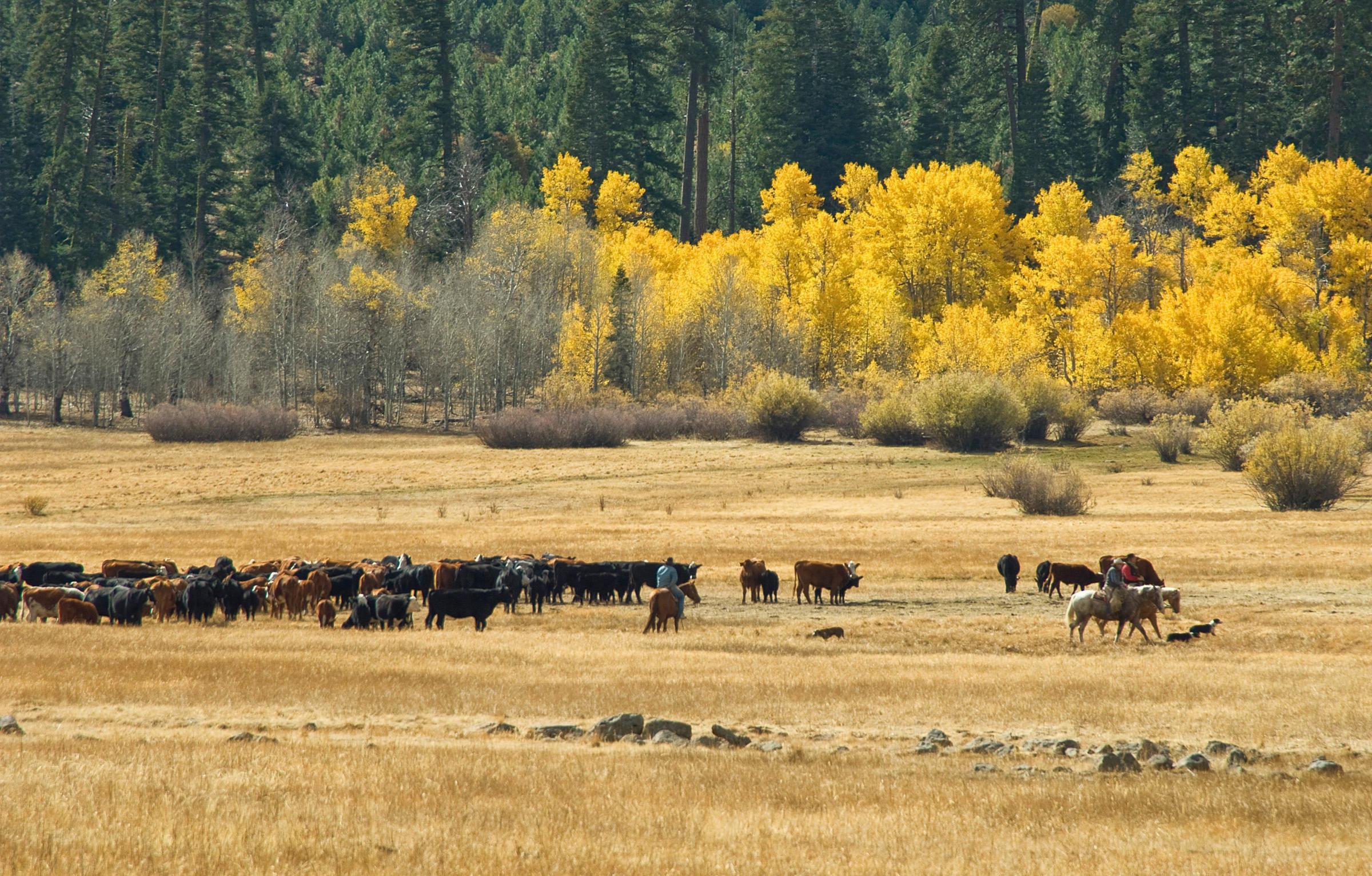Rangeland and Grazing
Rangeland Management is a collaborative effort that ensures National Forests provide habitat for a variety of plant and animal species, clean water, and local economic benefits through sustainable livestock grazing. By carefully monitoring and executing grazing permits, we support local communities and livelihoods, while providing for the long-term health of the environment for future generations.
Rangeland Management benefits communities by:
- Creating jobs and revenue in food production, consumer goods, and rangeland restoration.
- Promoting forest health through approaches that aim to reduce excessive fuel buildup while sustaining ecosystem integrity.
- Enhancing public safety by lowering wildfire risks and improving access.
- Boosting tourism and recreation by maintaining healthy, accessible National Forests.
What We Offer
Our program provides resources and opportunities for various stakeholders, including ranchers, land managers, and local governments.
Key Benefits & Services:

✅ Economic Opportunities – Ranching and guide services create jobs that contribute toward local economies.
✅ Public Safety – Reducing dense ground vegetation decreases wildfire risks, helping protect communities and watersheds.
✅ Forest Access & Recreation – Clearing dense vegetation and improving rangeland conditions enhances visitor safety and experience.
✅ Conserving Key Multiple-Use Objectives – We collaborate with local officials, agencies, and organizations to ensure rangelands continue to support sustainable livestock grazing and the Wild Horse and Burro Program.
Get Involved and Learn More
Wild Horse and Burro Program

Allotment Permits Information




